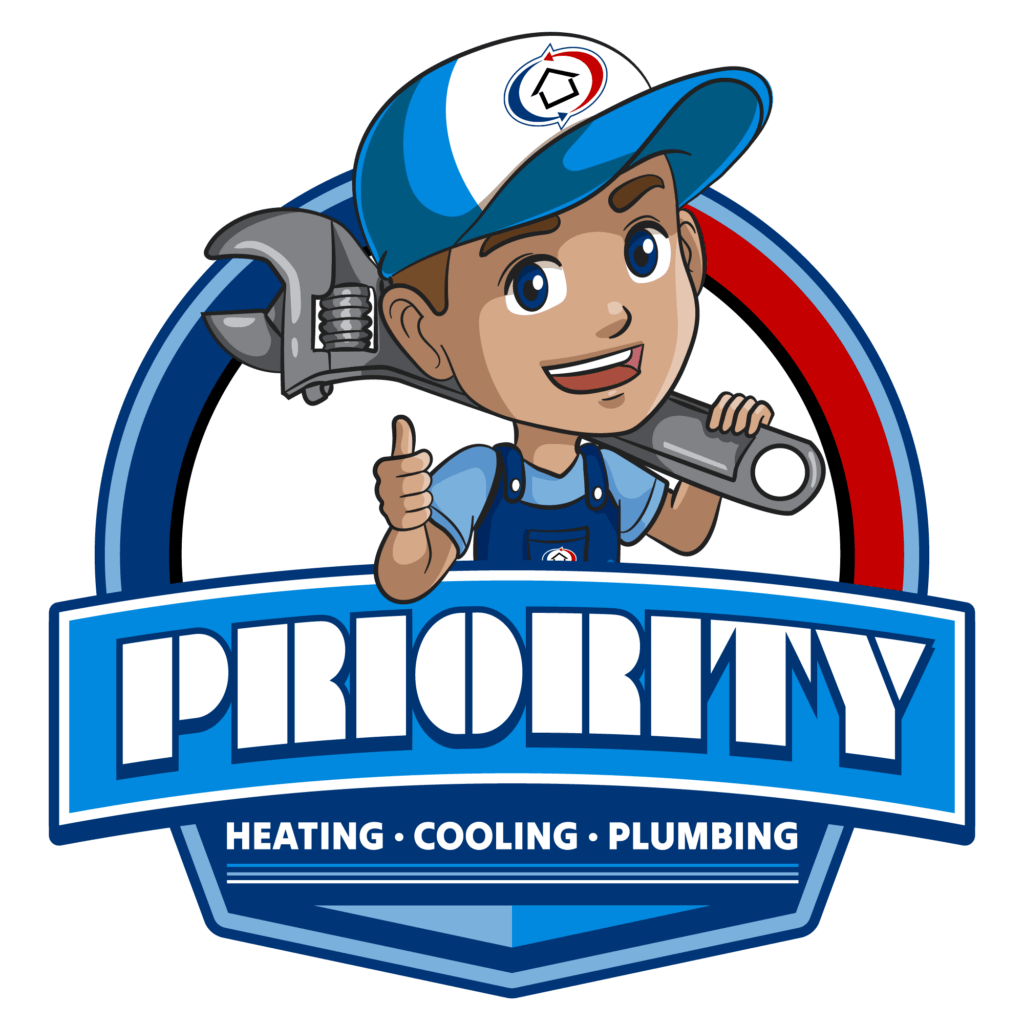Flooding can cause significant damage to homes, but with the right plumbing-based strategies, you can safeguard your property against potential water damage. From sump pumps to backwater valves, plumbing solutions provide reliable protection, especially in high-risk flood areas. Many municipalities offer rebate programs to make these upgrades more affordable, so check with your local government to see if your plumbing improvements may qualify.
Backwater valves are essential for preventing sewage backups. This device blocks water and sewage from flowing back into your home during heavy rain or sewer overflows. How It Works: The valve sits in your main sewer line and automatically closes when water begins to flow back, effectively blocking it from entering your home.
Check for Rebates: Many local governments offer rebates for backwater valve installation, covering a portion of the cost—often up to 80% in flood-prone areas.
A sump pump is an essential flood prevention device for basements. It pumps out accumulated groundwater and keeps your foundation dry, especially during heavy rains.
Battery Backup: An option that adds a smaller battery powered sump pump that remains operational during power outages.
Routine Testing: Periodic testing and maintenance are essential to keep the sump pump in top shape.
Rebates for Sump Pumps: Some rebate programs help cover sump pump installation costs, especially if your property has previously experienced water damage.
Properly managing rainwater is crucial, and downspout extensions are a straightforward way to divert water away from your home’s foundation, reducing the risk of basement flooding.
Cost-Effective and Simple: Downspout extensions are affordable and easy to install.
Check Local Rebates for Downspout Disconnections: Some areas may offer rebates if you disconnect your downspouts from the sewer system to reduce load during storms.
Regular Sewer Line Maintenance
Routine sewer line maintenance helps prevent clogging, a common cause of basement flooding during storms.
Hydro Jetting and Camera Inspections: Professional cleaning and inspections can help detect issues before they escalate.
Professional Maintenance: Keeping your sewer line clear can protect against backups, especially if you live in an older home with mature trees.
Flood sensors can be a crucial early warning tool, alerting you if water starts pooling in vulnerable areas. They’re particularly useful near water heaters, sump pumps, and pipes that may freeze.
Smart Flood Sensors: Many sensors integrate with smart home systems and send alerts to your phone.
Preventative Savings: While not typically covered by rebates, flood sensors are a low-cost, preventative addition to your flood protection plan.
Many cities offer rebate programs to encourage homeowners to install flood prevention systems. For example, the City of Brantford’s Residential Compassionate Flood Grant Program covers up to 80% of the costs for eligible installations, including backwater valves, sump pumps, and downspout extensions. To qualify, check your local government’s guidelines, keep detailed receipts, and ensure professional installation where required. By investing in plumbing-based flood prevention, you can protect your home from water damage and benefit from financial incentives.
